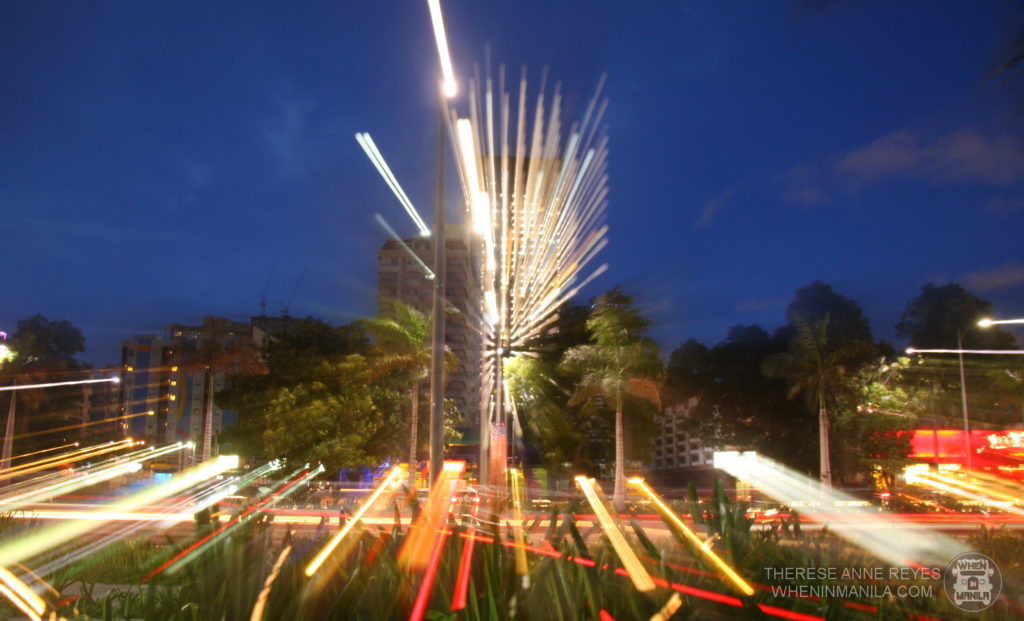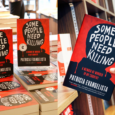You’re in bed. It’s 2 in the morning. Only the sound of the fan can drown the thoughts in your head. You try and concentrate on your breathing. Inhale. Exhale. Inhale. Exhale.
You try and distract yourself. You text people with the hope that they might still be awake, hoping that they can help you stop the racing thoughts from clouding your brain. Or maybe you just want to talk to somebody.
You try and just sleep it off. But falling asleep is impossible. You shut your eyes, but are immediately awakened by scenarios from past experiences going at full speed. One scenario after the other. It is even mixed with anxiety over reliving embarrassing moments in your life. Then you just give up. Who needs sleep, anyway?
This is something I deal with almost every night. It’s easy some nights, but it can also be bad.
Living with a bipolar condition is challenging. You don’t only deal with the depression, but you also have to battle mania or hypo mania.
(ALSO READ: This is What High-Functioning Bipolar Disorder Feels Like)
I would describe mania as this sudden burst of energy. You are happy. You are inspired. You are energetic. You feel like you are on top of the world. But it’s not always that way. It can be accompanied by recklessness, bad decision making, and sleepless nights.
Honestly, I’m writing this while in a hypo manic state. I feel inspired. I’ve texted random people about random things at 11 in the evening. I’ve written 2 drafts of possible articles. And I don’t feel like I need sleep. I feel great!
These are my signs. But we are all different. You may experience hypo mania differently from others.
The nights are the hardest, but hypo mania can also happen in broad daylight. Mine involves talking so fast that I need to repeat what I’m saying or I jumble my words. I also jump from one topic to the other. I feel jumpy and everything distracts me. I can’t focus on one thing. I feel so many emotions at one time.
How can you cope? You need to be aware that you are going into that state. Knowing at the first sign is good. Then you can address it quicker. Before it becomes a full-blown episode. Also, knowing your triggers is vital. When you know your triggers, you will know what to watch out for. You can talk to your doctor or therapist about your triggers so you can develop strategies together.
My coping strategy is breathing and distraction. When I feel like I’m going “up”, I try to focus on one thing: my breathing. In my case, on the nights I can’t sleep, breathing helps me tire myself out until I eventually drift off to sleep. When the thoughts start racing, I try to distract myself. I watch YouTube videos or look at memes.
There are days I like my “ups”. But there are days that I regret what I do during those episodes. Either way, I learn something new about myself with every episode. I learn my triggers. I learn more coping strategies. With the right tools and the right guidance, you can kick mania back where it belongs.






